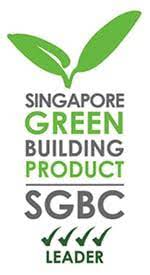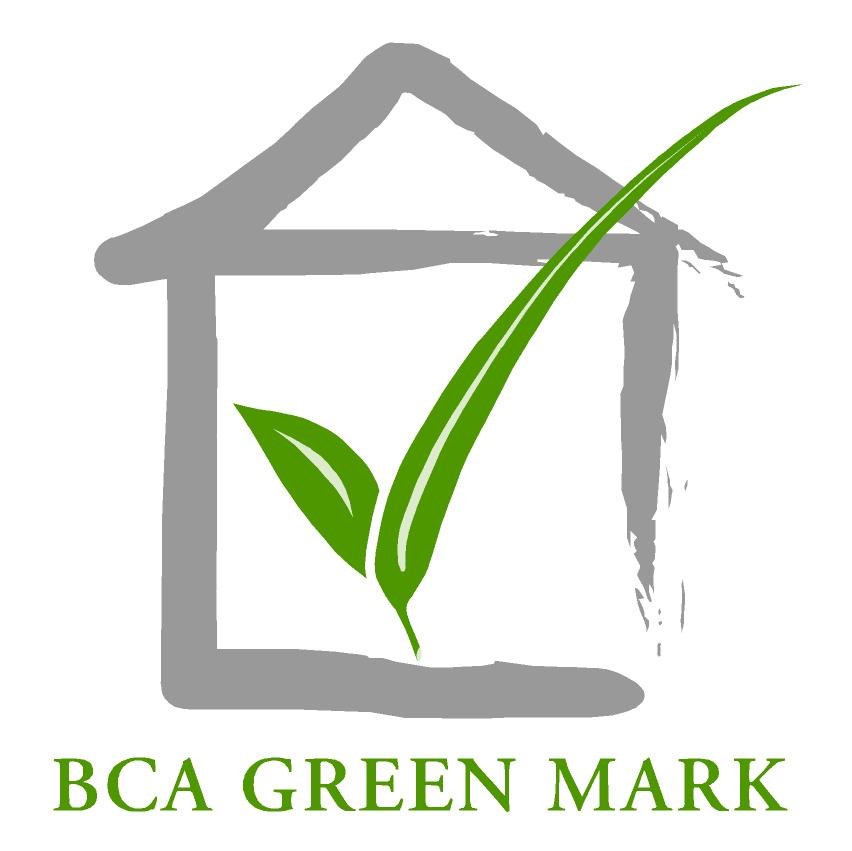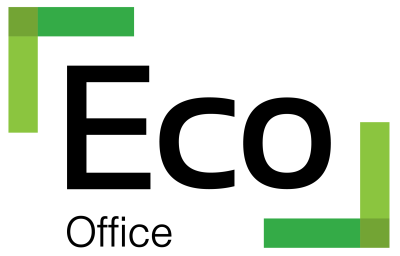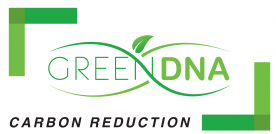Singapore
Singapore overview
Singapore is committed to sustainable development, and important growth areas include smart grids, green buildings, and energy efficiency. Their policy goal is to be a zero waste nation by 2030. Diverting food from waste will play an important role. The Singapore Green Plan 2030 provides new opportunities for sustainability solutions in areas like sustainable packaging, waste upcycling, urban farming, and water treatment. Below are some examples of voluntary certifications in Singapore.
See also the Singapore-Australia Green Economy Agreement.
Certification & labelling types
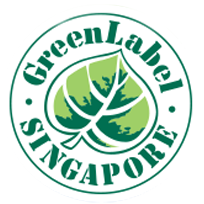
Green Label is a voluntary certification administered by the Singapore Environmental Council (SEC). The SEC also run a number of environmental awards in Singapore. Green Label is Singapore's leading environmental standard and certification mark, with over 3,800 unique products certified across 43 countries and 70 product categories. The scheme aims to help the public identify environmentally preferred products that meet certain eco-standards.
More info: Singapore Green Labelling Scheme
Green credentials & standards


